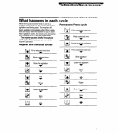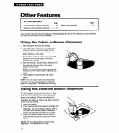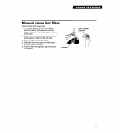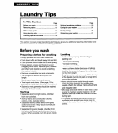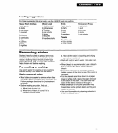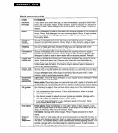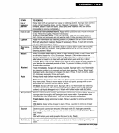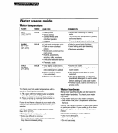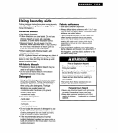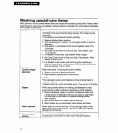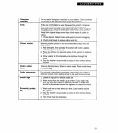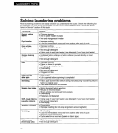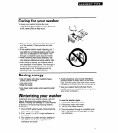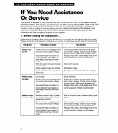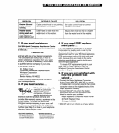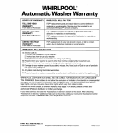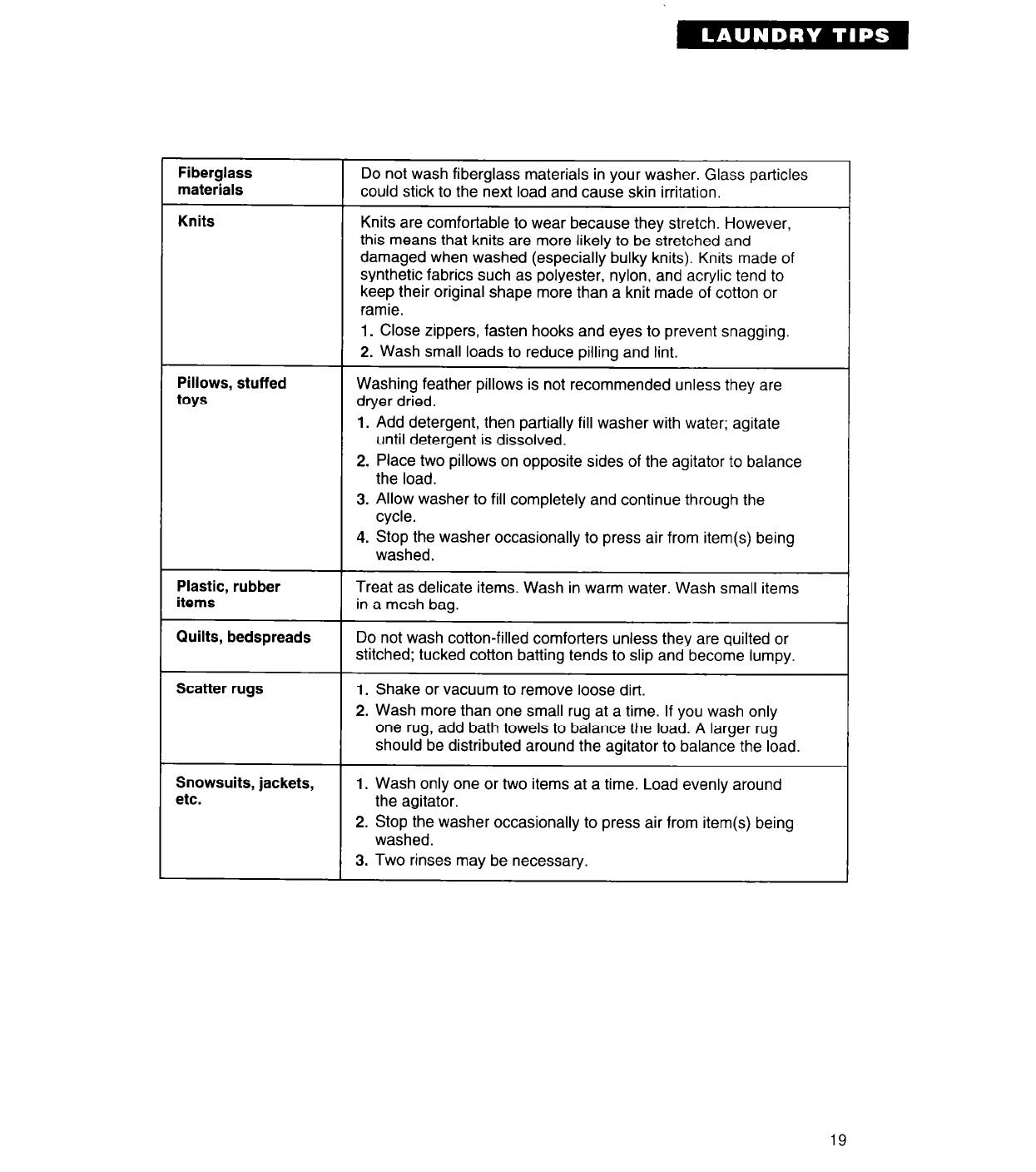
Fiberglass
materials
Knits
Do not wash fiberglass materials in your washer. Glass particles
could stick to the next load and cause skin irritation.
Knits are comfortable to wear because they stretch. However,
this means that knits are more likely to be stretched and
damaged when washed (especially bulky knits). Knits made of
synthetic fabrics such as polyester, nylon, and acrylic tend to
keep their original shape more than a knit made of cotton or
ramie.
1. Close zippers, fasten hooks and eyes to prevent snagging.
2.
Wash small loads to reduce pilling and lint.
Pillows, stuffed
toys
Washing feather pillows is not recommended unless they are
dryer dried.
1. Add detergent, then partially fill washer with water; agitate
until detergent is dissolved.
2. Place two pillows on opposite sides of the agitator to balance
the load.
3. Allow washer to fill completely and continue through the
cycle.
4. Stop the washer occasionally to press air from item(s) being
washed.
Plastic, rubber
items
Quilts, bedspreads
Treat as delicate items. Wash in warm water. Wash small items
in a mesh bag.
Do not wash cotton-filled comforters unless they are quilted or
stitched: tucked cotton batting tends to slip and become lumpy.
Scatter rugs
1.
Shake or vacuum to remove loose dirt.
2. Wash more than one small rug at a time. If you wash only
one rug, add bath towels to balance the load. A larger rug
should be distributed around the agitator to balance the load.
Snowsuits, jackets,
etc.
1.
Wash only one or two items at a time. Load evenly around
the agitator.
2. Stop the washer occasionally to press air from item(s) being
washed.
3. Two rinses may be necessary.
19



